Marrying a Canadian citizen or permanent resident is one of the most straightforward paths to obtaining permanent residency in Canada. The Canadian government places a high value on family reunification, and as a result, there are well-established processes to sponsor a spouse for permanent residency. However, it’s important to understand that the sponsorship process involves several steps, documentation, and adherence to specific regulations set by Immigration, Refugees, and Citizenship Canada (IRCC).

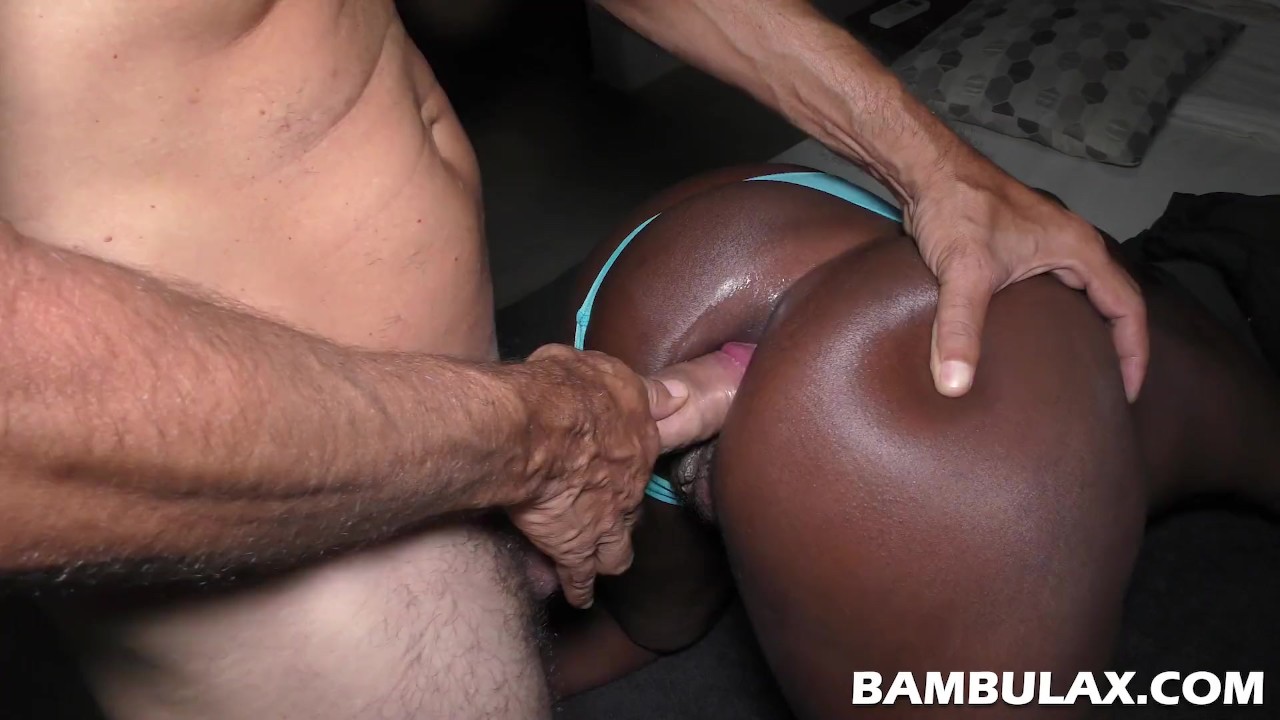




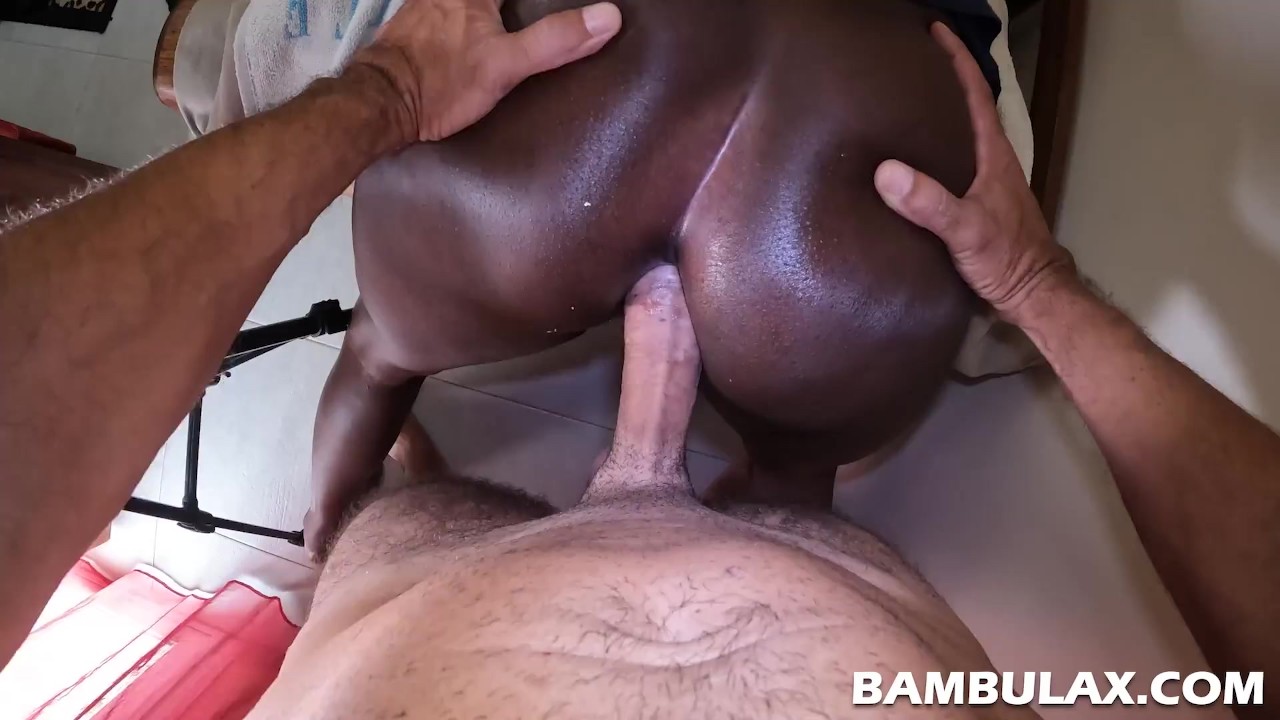





















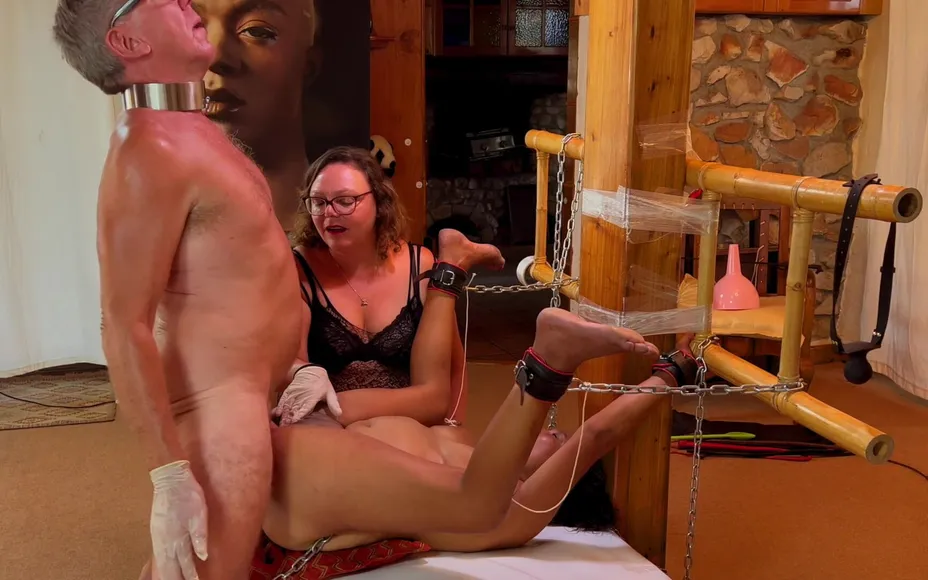

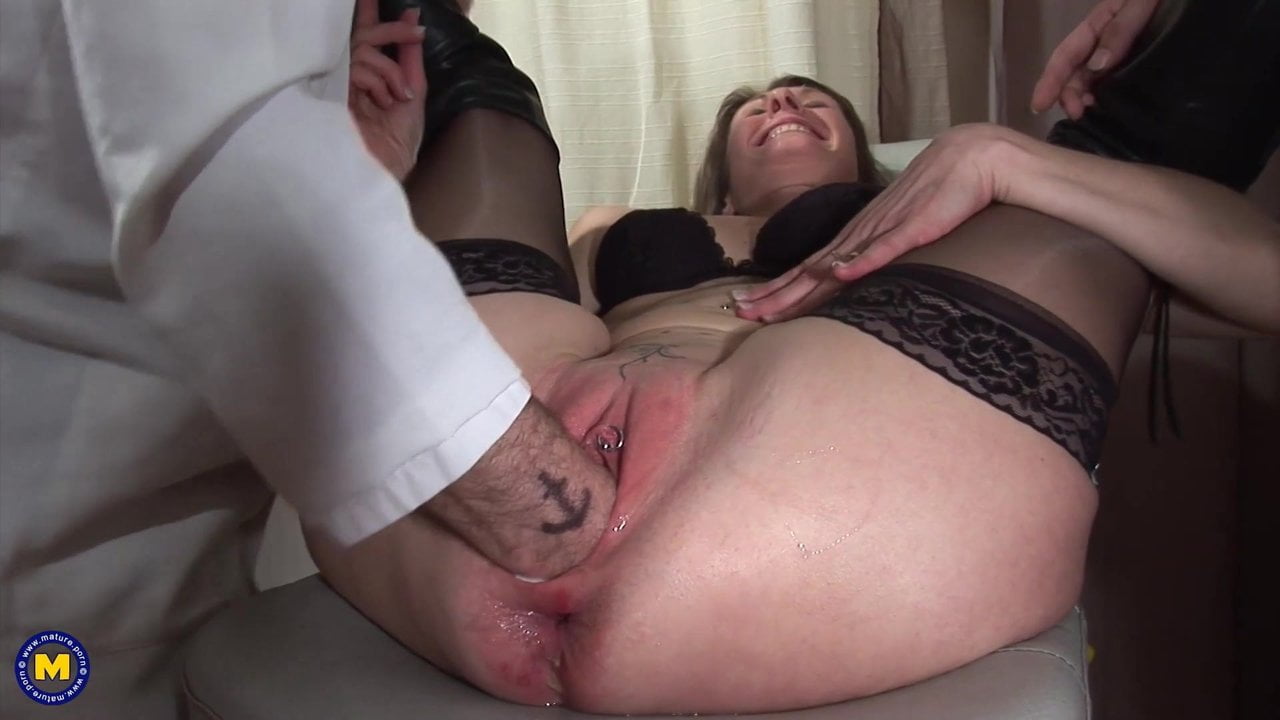




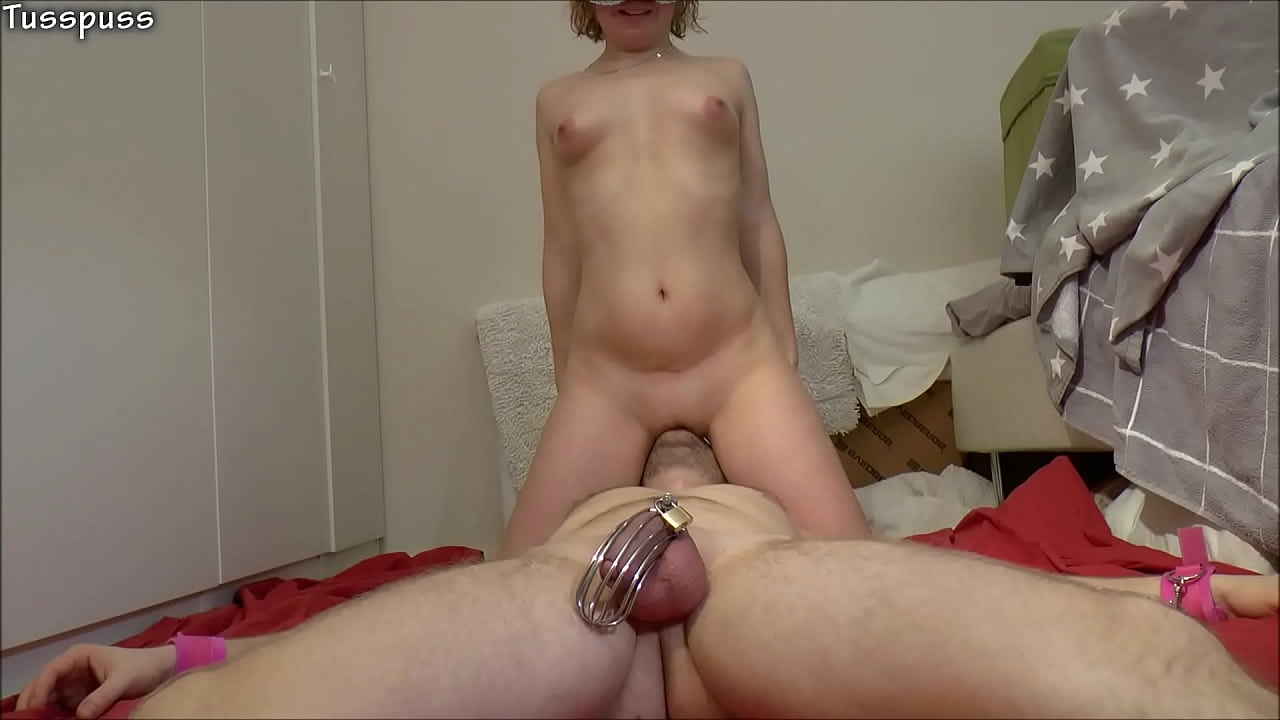



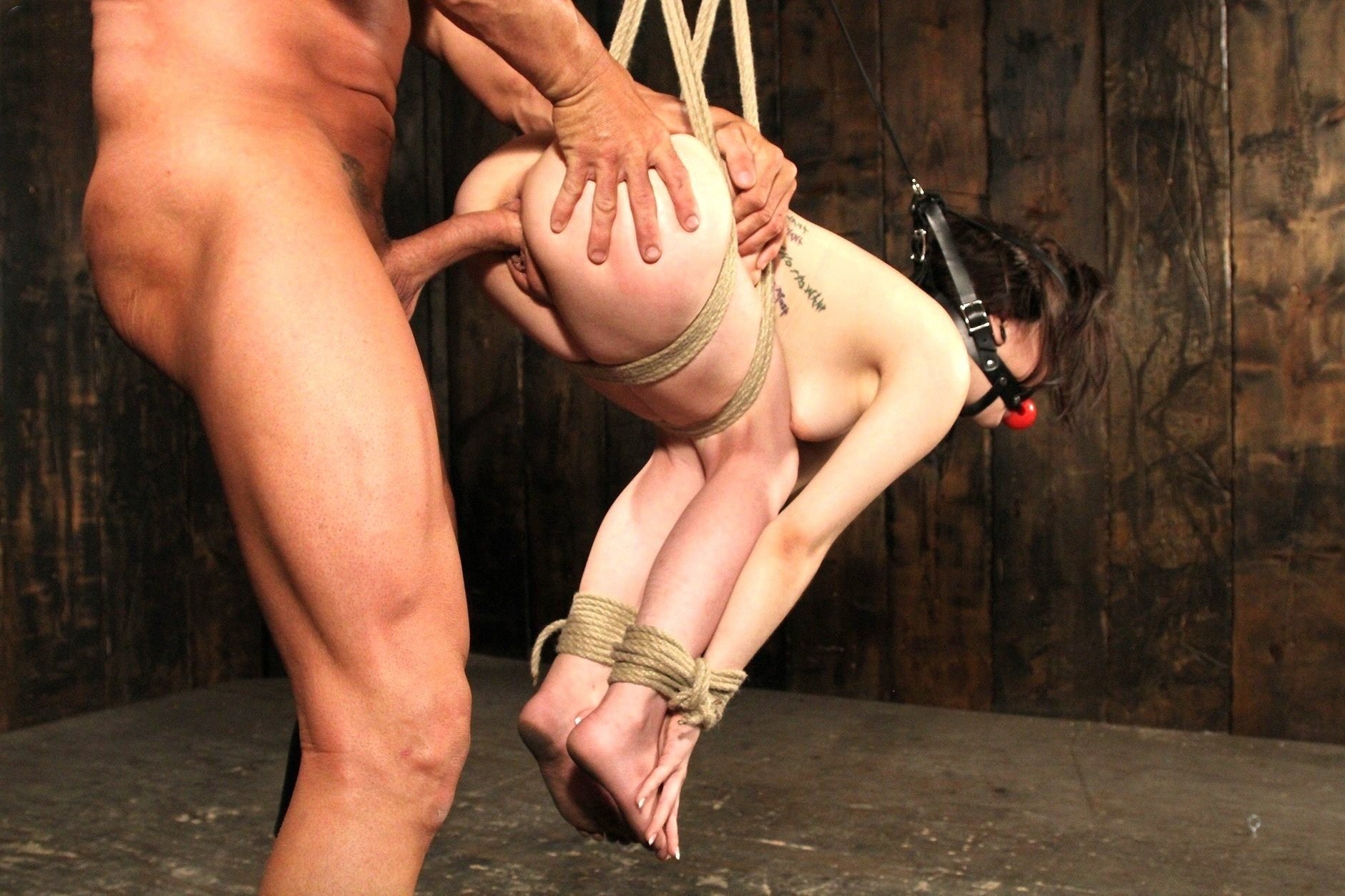














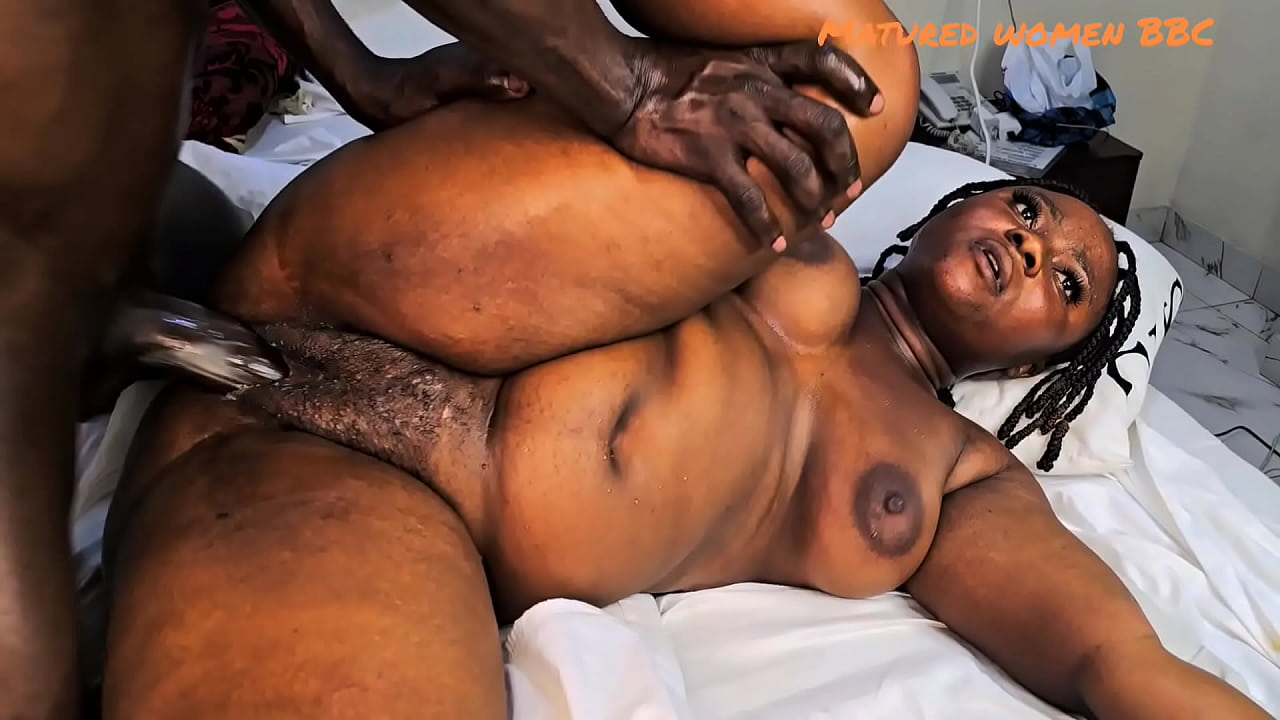

This guide will walk you through the steps to getting sponsored to Canada through marriage, including eligibility requirements, the application process, timelines, and tips to ensure a smooth and successful experience.
1. Understanding Spousal Sponsorship
Spousal Sponsorship is a process through which a Canadian citizen or permanent resident can sponsor their spouse, common-law partner, or conjugal partner for permanent residency in Canada. This pathway is part of Canada’s Family Class Immigration program, designed to help reunite families by allowing Canadian citizens and permanent residents to bring their loved ones to live in Canada.
The Canadian government is committed to ensuring that families can stay together, but it also takes steps to prevent fraudulent marriages intended solely for immigration purposes. Therefore, applicants must provide sufficient evidence that the marriage or partnership is genuine.
2. Eligibility Requirements
To qualify for spousal sponsorship, both the sponsor and the applicant (spouse) must meet specific eligibility criteria:
For the Sponsor (Canadian Citizen or Permanent Resident):
- Age: Must be at least 18 years old.
- Status: Must be a Canadian citizen or permanent resident living in Canada. If the sponsor is a Canadian citizen living abroad, they must demonstrate the intent to reside in Canada with the spouse once permanent residency is granted.
- Financial Requirements: Must show the ability to financially support the spouse and ensure they do not need social assistance from the Canadian government.
- No Previous Sponsorship Defaults: Must not be in default of previous sponsorship undertakings, such as failing to support a previously sponsored relative.
- No Criminal History: Must not have a criminal record involving violence, sexual offenses, or any crimes against a family member.
- No Bankruptcy: Must not be an undischarged bankrupt.
For the Applicant (Foreign Spouse):
- Legal Marriage: Must be legally married to the sponsor. If the marriage took place outside Canada, it must be valid under the laws of the country where it occurred and under Canadian law.
- Common-Law or Conjugal Partner: If applying as a common-law or conjugal partner, the relationship must meet specific requirements, such as living together for at least 12 consecutive months (common-law) or demonstrating a significant degree of commitment (conjugal).
- No Serious Criminal Record: Must not have a serious criminal record.
- No Health Issues: Must pass a medical examination to prove there are no health issues that could place excessive demand on Canada’s healthcare system.
- No Immigration Violations: Must not be inadmissible to Canada due to previous immigration violations.
3. Types of Sponsorship Applications
There are two main types of sponsorship applications depending on where the applicant (foreign spouse) resides at the time of application:
1. Inland Sponsorship:
- Who It’s For: Couples where the foreign spouse is already living in Canada.
- Benefits: The foreign spouse can apply for an open work permit while the sponsorship application is being processed, allowing them to work in Canada.
- Limitations: The foreign spouse must remain in Canada during the application process. If they leave the country, the application may be abandoned.
2. Outland Sponsorship:
- Who It’s For: Couples where the foreign spouse is living outside Canada.
- Benefits: The foreign spouse can travel in and out of Canada during the application process. The application is processed through the visa office responsible for the applicant’s country of origin or where they have been legally residing for at least one year.
- Limitations: Processing times can vary significantly based on the visa office’s workload.
4. The Sponsorship Application Process
4.1. Step 1: Determining Eligibility
Before starting the application process, both the sponsor and the foreign spouse should confirm that they meet all the eligibility requirements. This includes checking the legal validity of the marriage, ensuring financial stability, and verifying that neither party has a criminal record that would disqualify them.
4.2. Step 2: Preparing the Application
The application package consists of several forms and supporting documents. The forms required will vary depending on whether you are applying for Inland or Outland Sponsorship. Generally, the application will include:
- Sponsor Forms: To be completed by the Canadian sponsor.
- Principal Applicant Forms: To be completed by the foreign spouse.
- Supporting Documents: To provide evidence of the relationship and eligibility.
4.3. Step 3: Submitting the Application
Once the forms are completed and all supporting documents are gathered, the application can be submitted to IRCC. It’s essential to double-check that all forms are correctly filled out and that the required fees are paid.
4.4. Step 4: Application Review and Processing
After submission, IRCC will review the application. The process typically involves:
- Acknowledgment of Receipt: You’ll receive a confirmation that your application has been received.
- Assessment of Sponsor: IRCC will assess whether the Canadian sponsor meets the eligibility requirements.
- Assessment of Applicant: The foreign spouse’s application will be reviewed to ensure they meet the criteria for permanent residency.
- Additional Requests: IRCC may request additional information or documents if needed.
4.5. Step 5: Decision and Aftermath
After the review process, IRCC will make a decision:
- Approval: The foreign spouse will receive their Confirmation of Permanent Residence (COPR) and may need to complete a landing interview (for Inland sponsorship) or arrive in Canada as a permanent resident (for Outland sponsorship).
- Denial: If the application is denied, IRCC will provide reasons for the refusal. The couple may have the option to appeal the decision.
5. Required Documentation
The sponsorship application requires a variety of documents to prove the authenticity of the marriage and the eligibility of both the sponsor and the applicant. Commonly required documents include:
- Proof of Relationship:
- Marriage certificate.
- Joint bank accounts, lease agreements, or utility bills.
- Photos of the couple together at different times and places.
- Affidavits from friends and family members affirming the relationship.
- Identity Documents:
- Passports (both sponsor and applicant).
- Birth certificates.
- National IDs.
- Legal Documents:
- Divorce certificates (if applicable).
- Police clearance certificates.
- Financial Documents:
- Proof of income (tax returns, pay stubs).
- Bank statements.
- Employment letters.
- Medical Examination Report: Completed by a panel physician approved by IRCC.
6. Processing Times and Fees
Processing Times:
- Inland Sponsorship: Approximately 12 to 18 months.
- Outland Sponsorship: Varies widely depending on the visa office, typically between 8 to 14 months.
Fees:
- Sponsorship Fee: CAD $75.
- Principal Applicant Processing Fee: CAD $490.
- Right of Permanent Residence Fee: CAD $515 (can be paid later, but is required before permanent residence is granted).
- Biometrics Fee: CAD $85 per person.
Fees are subject to change, so always check the latest fee schedule on the IRCC website.
7. Rights and Responsibilities of Permanent Residents
Once the foreign spouse becomes a permanent resident of Canada, they gain certain rights and responsibilities:
Rights:
- Live, work, and study anywhere in Canada.
- Access Canadian healthcare and social services.
- Protection under Canadian law and the Canadian Charter of Rights and Freedoms.
- Apply for Canadian citizenship after meeting residency requirements.
Responsibilities:
- Obey all federal, provincial, and municipal laws.
- Pay taxes and file income tax returns.
- Carry a valid PR card or travel document when traveling outside Canada.
- Live in Canada for at least two years within a five-year period to maintain permanent resident status.
8. Common Challenges and How to Overcome Them
1. Insufficient Evidence of Relationship:
- Solution: Provide a wide range of evidence, including joint financial documents, photos from various events, and affidavits from people who know you as a couple.
2. Delays in Processing:
- Solution: Ensure all forms are completed accurately and all required documents are included. Respond promptly to any additional requests from IRCC.
3. Financial Ineligibility of Sponsor:
- Solution: Consider providing additional financial documentation or seeking a co-sponsor who meets the income requirements.
4. Miscommunication with IRCC:
- Solution: Keep thorough records of all communications and follow up regularly on the status of your application.
5. Inadmissibility Issues:
- Solution: If the foreign spouse has a criminal record or previous immigration violations, consult with an immigration lawyer to explore possible solutions, such as applying for a Criminal Rehabilitation application.
9. Pathway to Canadian Citizenship
After becoming a permanent resident, the foreign spouse may be eligible to apply for Canadian citizenship after fulfilling certain residency requirements:
Eligibility Criteria:
- Residency Requirement: Must have lived in Canada for at least three years (1,095 days) within the last five years before applying.
- Language Skills: Must demonstrate adequate knowledge of English or French.
- Knowledge of Canada: Must pass a test on Canadian history, values, institutions, and symbols.
- No Serious Criminal Record: Must not have a criminal record that would make you ineligible for citizenship.
Application Process:
- File the Application for Canadian Citizenship (Form CIT 0002).
- Attend a citizenship test and interview if required.
- Take the Oath of Citizenship at a citizenship ceremony.
10. Conclusion
Getting sponsored to Canada through marriage is a well-established and reliable pathway to obtaining permanent residency. While the process involves several steps and meticulous documentation, understanding the requirements and following the correct procedures can lead to a successful outcome.
Ensuring that your relationship is genuine, preparing a comprehensive application, and staying informed about the processing timelines and fees will help you navigate the process smoothly. Consulting with an immigration professional can also be beneficial in complex situations.
By following the proper steps, you can look forward to building a life together in Canada, enjoying the rights and benefits of permanent residency, and possibly becoming Canadian citizens in the future.
Disclaimer: This guide provides general information and is not legal advice. Immigration laws and procedures can be complex and subject to change. For personalized advice and the most current information, consult with a qualified immigration attorney or official government sources.